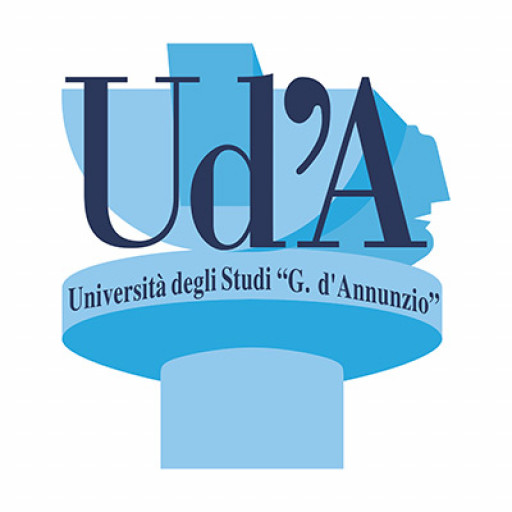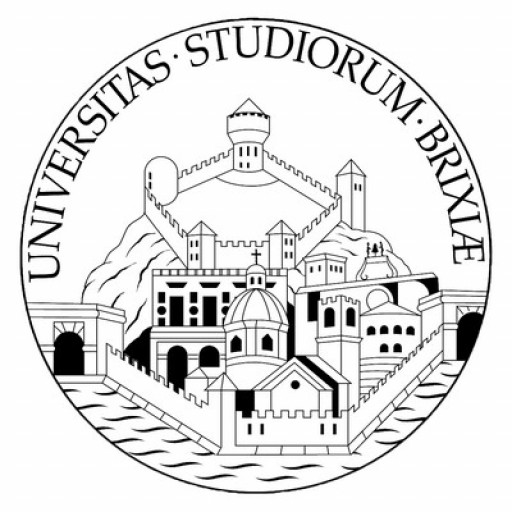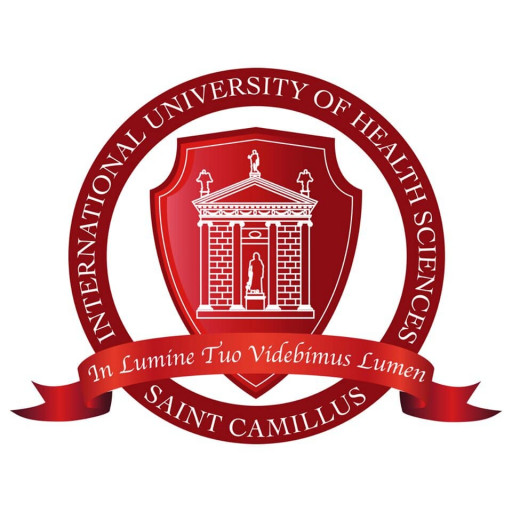Photos of university / #oxford_uni
The EPSRC and MRC Centre for Doctoral Training in Systems Approaches to Biomedical Science is an innovative open collaboration between the University of Oxford and 16 partner industrial organisations, working together to develop novel computational, mathematical and physical techniques to solve biomedical research problems.
Graduate destinations
The programme is part of the DTC which has a strong record of alumni success. To date, around 60% of students have gone on to pursue academic careers and 20% have entered into industrial research. The DTC’s alumni are responsible for at least 11 start-up companies and over 30 granted or pending patents. Many students who have gone onto successful careers are invited back to talk to current students within the Research Skills sessions.
This four-year programme of research and training has strong industrial links, with each student having both academic and industrial supervision.
The programme enables students from a wide range of quantitative scientific backgrounds to focus on areas of research which include the design and testing of new chemical and biological entities, modelling biological systems, and robust analysis of complex datasets. Such cross-disciplinary work introduces students to cutting edge organic chemistry, chemoinformatics, chemical and synthetic biology, biophysics, advanced computational simulation, bioinformatics, data mining, statistical analysis, physical and structural study of biomolecules, and mathematical modelling.
The CDT's industrial partners are currently AstraZeneca, Diamond Light Source, e-Therapeutics, Evotec, GE Healthcare, GlaxoSmithKline, Hoffmann La Roche, InhibOx, Lilly UK, MedImmune, Moffitt Cancer Center, Novartis, Pfizer, Structural Genomics Consortium, Sharp and UCB.
A major advantage of the programme is that you are not required to choose the substantive DPhil project until after the initial taught training phase, allowing a more informed choice of research project to be made.
The first six months of the course are devoted to acquiring advanced theoretical and technical skills that form the backbone of interdisciplinary research in this area, drawing from the engineering, mathematical, physical, chemical and biological sciences through a combination of intensive lecture courses and project work. Each taught module lasts for either one, two or three weeks and is assessed using a method appropriate to the course, for example, presentations, group assignments or assessed written work. This will be complemented with relevant research and communication skills training throughout the four-years of the programme.
After completion of the taught training phase, you will undertake two exploratory research projects of twelve weeks duration each, similar in scope to a master's-level project, followed by the substantive DPhil project. You will be based within the research group of your principal supervisor for these, which may be in the University or with an industrial partner.
Applicants are normally expected to be predicted or have achieved a first-class or strong upper second-class undergraduate degree with honours (or equivalent international qualifications), as a minimum, in physical sciences (ie chemistry, computer science, engineering, mathematics, statistics or physics) or life sciences with strong mathematical skills.
For applicants with a degree from the USA, the minimum GPA sought is 3.5 out of 4.0.
However, entrance is very competitive and most successful applicants have or are on track to obtain a first-class degree, a GPA of 3.7 or the equivalent.
If you hold non-UK qualifications and wish to check how your qualifications match these requirements, you can contact the National Recognition Information Centre for the United Kingdom (UK NARIC).
No Graduate Record Examination (GRE) or GMAT scores are sought.
- Official transcript(s)
- CV/résumé
- Statement of purpose/personal statement:1,000 words
- References/letters of recommendation:Three overall, generally academic
ENGLISH LANGUAGE REQUIREMENTS
Higher level
|
Test |
Standard level scores |
Higher level scores |
||
|
IELTS Academic |
7.0 | Minimum 6.5 per component | 7.5 | Minimum 7.0 per component |
|
TOEFL iBT |
100 |
Minimum component scores:
|
110 |
Minimum component scores:
|
| Cambridge Certificate of Proficiency in English (CPE) | 185 |
Minimum 176 per component |
191 |
Minimum 185 per component |
| Cambridge Certificate of Advanced English (CAE) | 185 |
Minimum 176 per component |
191 |
Minimum 185 per component |
Want to improve your English level for admission?
Prepare for the program requirements with English Online by the British Council.
- ✔️ Flexible study schedule
- ✔️ Experienced teachers
- ✔️ Certificate upon completion
📘 Recommended for students with an IELTS level of 6.0 or below.
- Global Education
- Hill Foundation Scholarships











